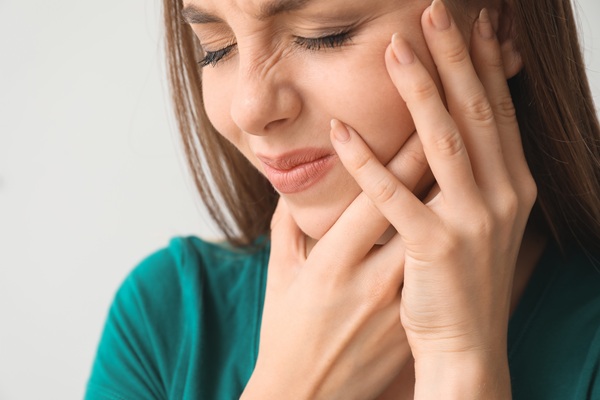Ask an Emergency Dentist: What You Need to Know

An emergency dentist can be a reassuring source of professional care in moments of sudden dental pain, injury, or complications. Addressing unexpected problems promptly helps prevent further damage and protect oral health. Having a clear plan and following expert recommendations will make managing stressful dental emergencies easier, maintain healthy teeth and gums, and reduce the chance of long-term issues.
Staying calm during dental emergencies
Staying calm during an urgent dental problem is one of the most effective ways to approach the situation. Stress and anxiety may lead to difficulty thinking clearly, which can interfere with efforts to find proper care. Start by identifying what is causing pain or discomfort, and seek professional care as soon as possible. Severe or persistent pain, a swollen jaw, and broken or dislodged teeth are signs to contact an emergency dentist immediately. Quick action often leads to better treatment outcomes and may also lessen the need for more invasive procedures.
Managing pain at home
Simple steps can provide relief when it is necessary to manage pain at home before receiving attention from an emergency dentist. Rinse gently with warm salt water to cleanse and soothe irritated areas. Apply a cold compress to help reduce swelling and discomfort, and use over-the-counter medication as directed. Further, patients should avoid placing aspirin directly inside the gums since it can irritate oral tissues and worsen the condition. If a tooth is knocked out or bleeding, pressing a clean piece of gauze over the area helps control blood flow. Preserving a dislodged tooth or fragment in milk or a recommended tooth preservation product can allow an emergency dentist to determine if reattachment is possible.
Maintaining a strong oral hygiene routine
A strong oral hygiene routine is essential for reducing the risk of sudden dental issues. Daily brushing and flossing remove plaque and food particles, lowering the chance of tooth decay and gum disease. Regular dental exams help detect concerns like cavities or infections before they become severe. A balanced diet rich in vitamins and minerals supports healthy teeth and gums, making them more resilient to injuries and potential emergencies.
Protecting teeth during high-impact activities
Individuals who engage in high-impact sports or activities should wear a mouthguard to protect against oral injuries. General dentists can create custom-fitted mouthguards that match a mouth's unique shape, enhancing comfort and effectiveness. This protective approach significantly lowers the risk of cracked, loosened, or otherwise damaged teeth, helping athletes enjoy their activities without additional worry.
Preparing for a dental emergency
It is wise to keep important contact information, including details for an emergency dentist, in an easily accessible place. Adding the phone number and address to a mobile device or keeping a physical note in a wallet or first-aid kit speeds up response time during an urgent dental situation. Having these details on hand allows immediate access to professional care and helps prevent complications from escalating.
Call us to learn more
Maintaining oral health requires diligence, preparedness, and planning for unexpected situations. Turning to an emergency dentist when urgent care is necessary and considering the above tips contribute to a potential dental emergency going as smoothly as possible. If you are interested in learning more or are experiencing a dental emergency, contact us today.
Request an appointment here: https://valleyharvestdentalcare.com or call Valley Harvest Dental Care at (707) 690-6090 for an appointment in our Napa office.
Check out what others are saying about our dental services on Yelp: Emergency Dentist in Napa, CA.
Related Posts
A general dentist is the dental equivalent of a primary care physician. A general dental professional is the person dental patients can go to for routine preventative care and diagnosis of any oral health problems. There are multiple benefits to establishing a relationship with a general dentist.Maintaining oral health is important for both the health…
A general dentist may recommend a mouthguard to protect the teeth from damage that can occur from teeth grinding, sports injuries, or physically strenuous jobs. Grinding can be difficult to treat, but a patient can be helped by a thin mouthguard on the upper or lower teeth to prevent friction from occurring. Other types of…
Braces come with many benefits for patients, but one disadvantage that a general dentist may point out is staining. Stains are not an unavoidable result of having braces on for long periods of time. However, braces can make it harder to thoroughly clean teeth on a regular basis, which can eventually lead to stains. Here…
Among the most common dental problems that a general dentist treats are cavities. Most people will experience this form of tooth decay at some point due to:Dry mouthSugary foods and drinksPoor oral hygieneGeneticsThere are several types of cavities, and each can lead to complications without prompt treatment.A general dentist first considers a cavity's location when…
